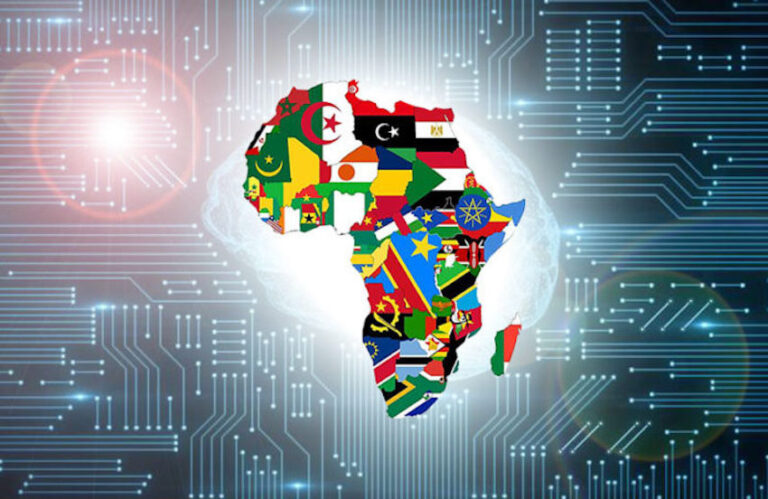“The next wave of global prosperity is rising from Africa. The seeds of tomorrow’s billion-dollar enterprises are already in the soil — come grow with us.”
Around the globe — in tech boardrooms, policy roundtables, and innovation labs — one truth stands firm: entrepreneurship is the heartbeat of modern economic progress. From the tech corridors of Silicon Valley to the vibrant streets of Lagos, it is entrepreneurial energy that transforms lives, revitalizes economies, and shapes national destinies.
While the usual global innovation hotspots still make headlines, a new epicenter is emerging: Africa. And at the forefront of this evolution is Nigeria.
At the Legatum Centre for Development and Entrepreneurship at MIT, I recently shared a message that could not be clearer — Africa’s moment is not a distant dream, it is a present reality fueled by unstoppable entrepreneurial drive.
Nigeria: Where Youth Meets Innovation
Nigeria’s greatest asset isn’t just oil or mineral wealth — it’s people. With over 220 million citizens, and 60% under 25, the nation is bursting with talent, ideas, and ambition. These young Nigerians are driving innovation in fintech, agritech, and beyond.
Success stories like Flutterwave, now valued at over $3 billion, and Paystack, acquired by Stripe for $200 million, are not just achievements — they’re proof that African businesses are viable on a global scale. In 2022 alone, Nigerian startups outpaced the rest of West Africa in venture capital raised, signaling to the world that Africa is not waiting to be saved — it’s building, and fast.
Innovation Needs Ecosystems, Not Just Ideas
Entrepreneurial success doesn’t happen in isolation. Innovation needs an ecosystem — a fertile mix of policy, funding, infrastructure, education, and regulatory support. As economist Mariana Mazzucato says, innovation is not just about having ideas; it’s about building the environment that allows those ideas to thrive.
But while tech startups are drawing massive investments, many vital sectors are left behind. Funding flows heavily into apps and platforms targeting billion-dollar valuations, while agriculture, local manufacturing, fashion, trade, and food systems — where most Africans live and work — remain underfunded.
This imbalance is dangerous. We can’t feed our people with AI. Even those building the future need food, shelter, and clothing. If we fail to invest in the real economy, we risk building a prosperity that excludes the majority.
Rethinking What an Entrepreneur Looks Like
There’s also a deeper challenge: the narrow lens through which we view entrepreneurial potential. Often, investors gravitate toward polished pitches, Western accents, and flashy decks. But true innovation isn’t always dressed up. Some of the best entrepreneurs speak local languages, run informal businesses, and solve local problems in practical ways.
If we only fund those who meet a specific mold, we’ll miss the grassroots innovators shaping their communities in silence. We must redefine how we assess potential and build funding models that reflect the diversity of African realities.
Failure Is a Step Forward — Not the End
Celebrating success is vital, but so is embracing failure. In mature markets, failure is seen as a stepping stone. In Africa, it often ends careers. We must shift this mindset and foster cultures where resilience, experimentation, and second chances are encouraged.
What Nigeria Is Already Doing — And What’s Needed
Nigeria isn’t sitting idle. With tools like the Nigeria Startup Act, the Digital Economy Policy (2020–2030), and financial support from the Bank of Industry and Development Bank of Nigeria, the country is laying the groundwork for more inclusive entrepreneurship.
But building a thriving ecosystem requires global collaboration. We need capital that is patient, purposeful, and impact-driven. Investors must look beyond short-term profits and recognize the long-term value in small businesses, sustainable industries, and community-driven solutions.
The Call: Build With Us
Africa’s entrepreneurs are not just creating local solutions — they are laying the foundation for global transformation. But for these seeds to flourish, the world must invest wisely, inclusively, and with intent.
To the international community: Come. Witness. Invest. Build with us.
The next generation of world-changing enterprises is taking shape in Africa — not through extraction, but through empowerment. Not through exclusion, but through partnership.
The time is now. Let’s build it — together.

